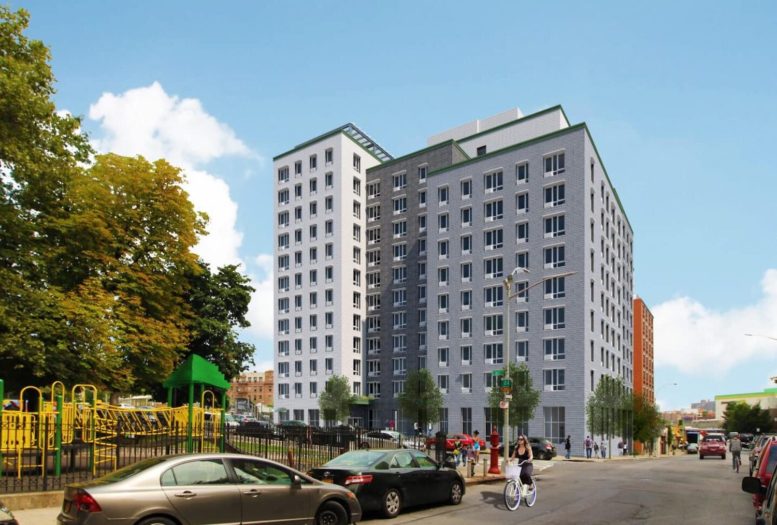Discover What to Look for When Reviewing Return and Refund Policies
Secretary Robert J. Rodriguez, “Avoid Surprises and Know the Policy Before You Buy”
Laws Protect Consumers so They can Make Informed Decisions During Holiday Shopping
As part of its five-part consumer alert holiday series, the Department of State’s Division of Consumer Protection reminds shoppers of New York State laws that protect consumers so they can make informed decisions about holiday purchases. To avoid surprises, DCP recommends that consumers carefully review and understand what to look for when reviewing return and refund policies.
“Experts are predicting a strong holiday spending season despite recent economic challenges and as a result, we’re expecting more consumer activity this holiday season,” said New York Secretary of State Robert Rodriguez. “To avoid any surprises, I urge New Yorkers to pay attention to policies surrounding returns and refunds to be sure you are comfortable with the terms and know the policy before you buy.”
Around the holidays, gift givers and receivers often change their minds. According to the National Retail Federation, retail returns increased significantly last year (16.6% in 2021 versus 10.6% in 2020) and this year they’re expecting more. To help navigate the busy shopping season, DCP offers the following tips:
- Pay Attention to Return Policies: New York State law requires that retailers post their return and refund policies conspicuously to inform consumers before the transaction is completed. Retailers must provide a written copy of the store’s return policies when requested.
New York State Law does not require retailers to accept returns, however, they must post a conspicuous notice visible to consumers before the point of sale advising that no returns will be accepted.
If the retailer does not post a return policy, the law requires the retailer to accept returns of unused, undamaged merchandise within 30 days of the purchase date, with proof of purchase, and provide a refund in the form —cash or a credit — of the consumer’s preference
- Understand the Refund Terms: For retailers that allow returns, New York State law does not require refunds to be given in any specific manner. However, it does require the form of the refund —cash, credit, or exchange — be clearly disclosed in advance of purchase. Retailers must also disclose any fees associated with the return. If no fee is listed, shoppers should inquire whether the store imposes a re-stocking fee for returned merchandise and determine prior to purchase if the item can be returned for a refund or only store credit.
- Retain Any Proof of Purchase: Consumers should retain receipts in the event a product needs to be returned, and when purchasing gifts, ask if a gift receipt is available.
Consumers having trouble obtaining a store refund are encouraged to file a complaint with the New York State Division of Consumer Protection.
The New York State Division of Consumer Protection provides resources and education materials to consumers, as well as voluntary mediation services between consumers and businesses. The Consumer Assistance Helpline 1-800-697-1220 is available Monday to Friday from 8:30am to 4:30pm, excluding State Holidays, and consumer complaints can be filed at any time at www.dos.ny.gov/consumer-
For more consumer protection tips, follow the Division on social media at Twitter: @NYSConsumer and Facebook: www.facebook.com/






